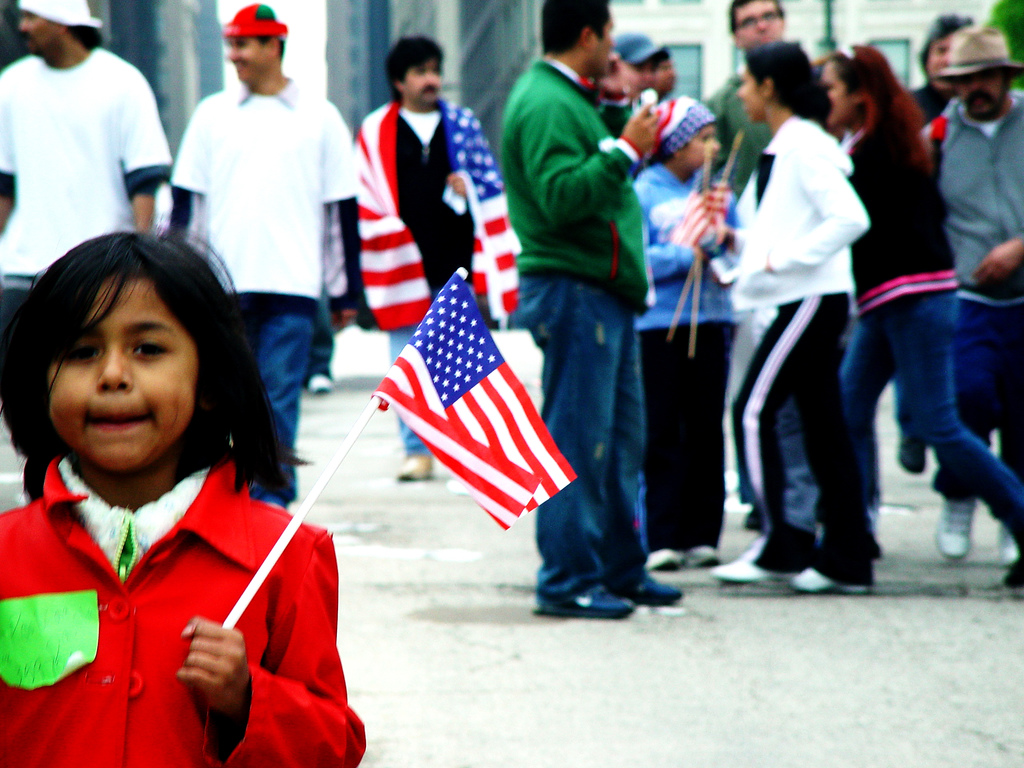
As has been reported widely in recent months, the U.S.’s immigration courts are overloaded with cases, with roughly half a million cases of removal (a.k.a. deportation) proceedings pending nationwide. Without sufficient resources to comprehensively address the backlogs, the Department of Justice’s Executive Office for Immigration Review (EOIR), the agency housing the immigration courts, has decided to focus its limited resources on pushing through selected categories of cases. Unfortunately, one of these new priorities comprises the most vulnerable category of persons in immigration detention in the U.S.: unaccompanied children without an adult in the U.S. who is able to sponsor them.
Everyone who has a case in the immigration court is someone whom the U.S. government is trying to deport. The removal proceedings give that person a chance to mount a defense to their deportation and show that they qualify for some form of immigration benefit or protection that would allow them to stay legally in the U.S. Because of the backlog of cases in immigration court, many people trying to mount a defense to their deportation have to wait years for a hearing. But when EOIR prioritizes certain cases, those people can find that they are rushed through the system, with hearings scheduled quickly and little to no realistic chance of finding a lawyer or collecting evidence in support of their defense.
One of the three kinds of cases EOIR has announced it will fast track are the cases of unaccompanied children in the custody of the federal government (specifically HHS’s Office of Refugee Resettlement) who do not have an adult sponsor with whom they can go live in the U.S. Notably, the cases of unaccompanied children who do have a sponsor are not prioritized. As a result, orphans, street children, or children without a fit adult caregiver will find themselves rushed through immigration court proceedings, with no guarantee of a lawyer and with the full pressure of the U.S. government bearing down on them. In effect, the most vulnerable children in the system will be punished for seeking protection in the U.S.
CAIR Coalition will be monitoring the implementation of this case prioritization and defending the due process rights of these most vulnerable children, including their right to seek protection in the U.S. If you’re an attorney, you can help by representing one of these children in immigration court – just keep an eye on our Pro Bono Opportunities page.
